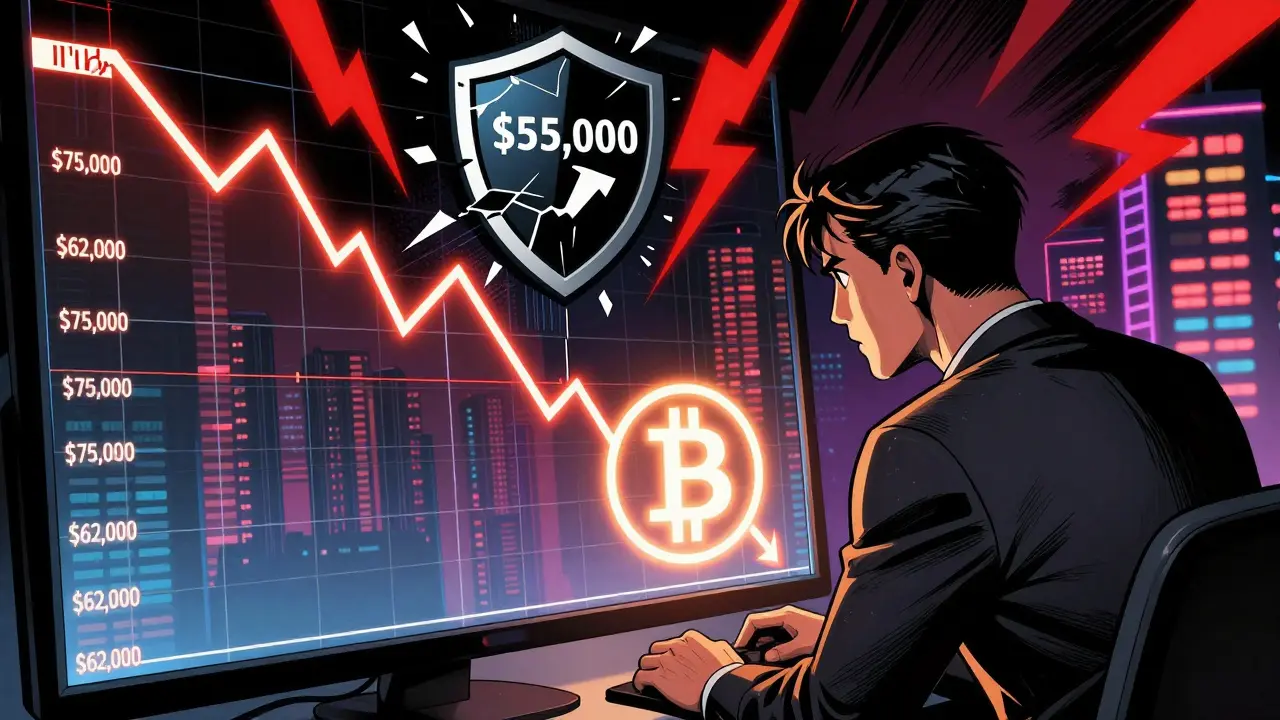When talking about crypto trading, the act of buying, selling, and managing digital assets on blockchain networks. Also known as digital asset trading, it drives most of the activity you’ll see on modern crypto platforms.
To trade profitably you need more than a wallet. You need to understand the decentralized exchange (DEX), a peer‑to‑peer marketplace that matches buyers and sellers without a central authority. DEXs let you swap tokens directly, often with lower fees and higher privacy than centralized services. Market cap, the total dollar value of a cryptocurrency’s circulating supply gives you a quick sense of size and risk; a high market cap usually means more liquidity, while a low cap can signal higher upside – and higher volatility. Then there are airdrops, free token distributions that projects use to boost awareness and community growth. An airdrop can spike price, create short‑term trading opportunities, and affect overall market sentiment. Finally, exchange licensing, the legal framework that permits crypto platforms to operate in specific jurisdictions shapes where you can trade, the fees you pay, and the security protections you enjoy.
The crypto trading landscape is a web of interdependent pieces. Crypto trading encompasses market analysis, risk management, and execution tactics all at once. It requires knowledge of DEX mechanics because many high‑yield tokens only list on decentralized platforms. Market cap influences your position sizing – you might allocate a smaller portion to a low‑cap meme coin while keeping most of your capital in blue‑chip assets. Airdrops add an extra layer: spotting upcoming drops can give you free exposure, but you also need to weigh the token’s long‑term viability. And exchange licensing isn’t just paperwork; a regulated exchange often offers insurance, audit trails, and compliance tools that help you stay on the right side of the law.
Our collection below reflects these connections. You’ll find deep dives into modular blockchain architecture that explains how scalability affects token supply and thus market cap. There are practical guides on how to navigate exchange licensing in Indonesia, Thailand, and the UAE, showing you where you can safely set up a trading account. We also break down popular airdrop campaigns – from gaming tokens to utility coins – and explain how they can fit into a broader trading plan. Reviews of DEXs like PhotonSwap.finance and Hydax give you a feel for fee structures, security features, and token availability, so you can pick the right platform for each trade. Finally, strategy pieces such as the Bitcoin DCA guide and hash‑collision security alerts help you protect your holdings while chasing growth.
Whether you’re a beginner looking to understand the basics or an experienced trader seeking niche opportunities, the articles ahead cover the full spectrum of crypto trading. Dive in to sharpen your toolbox, spot the next big move, and stay ahead of regulatory changes.

Stop-loss and trailing stop orders are essential for protecting crypto trades. Learn when to use each, how to set them right, and why combining both can save your profits in volatile markets.

A detailed Helix Markets crypto exchange review covering tech, fees, assets, safety, comparisons, and who should trade on this decentralized platform.